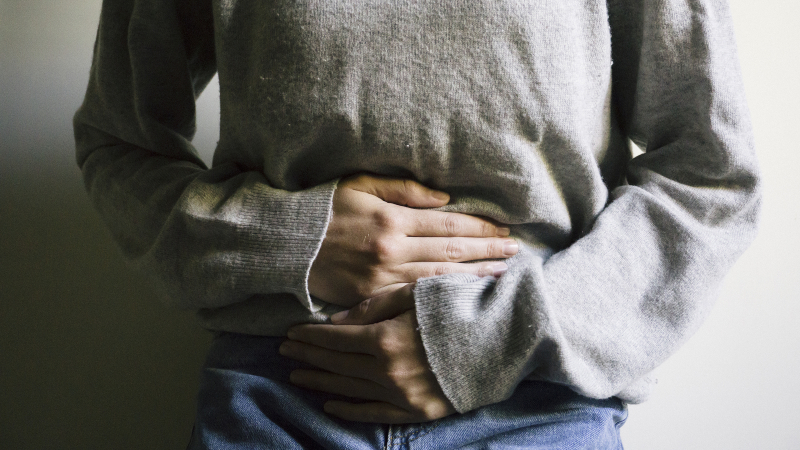Pain and Cramping
Abdominal pain, the most typical symptom, is essential to the diagnosis. Both your stomach and brain work together to regulate digestion. The good bacteria in your stomach release hormones, nerves, and signals that allow this to happen.
These coordinated signals are disrupted in IBS, causing uncoordinated and uncomfortable tension in the muscles of the digestive system. The upper abdomen alone is more likely to experience this discomfort than the lower abdomen or the entire abdomen. The pain often goes away after having a bowel movement. Pain and other symptoms may be reduced with dietary changes, such as a FODMAP-free diet. Hypnotherapy, cognitive behavior therapy, and bowel relaxants like peppermint oil are among the therapies. If the discomfort continues after these changes, a gastroenterologist can help to find a medication that has been shown to effectively treat IBS symptoms.











